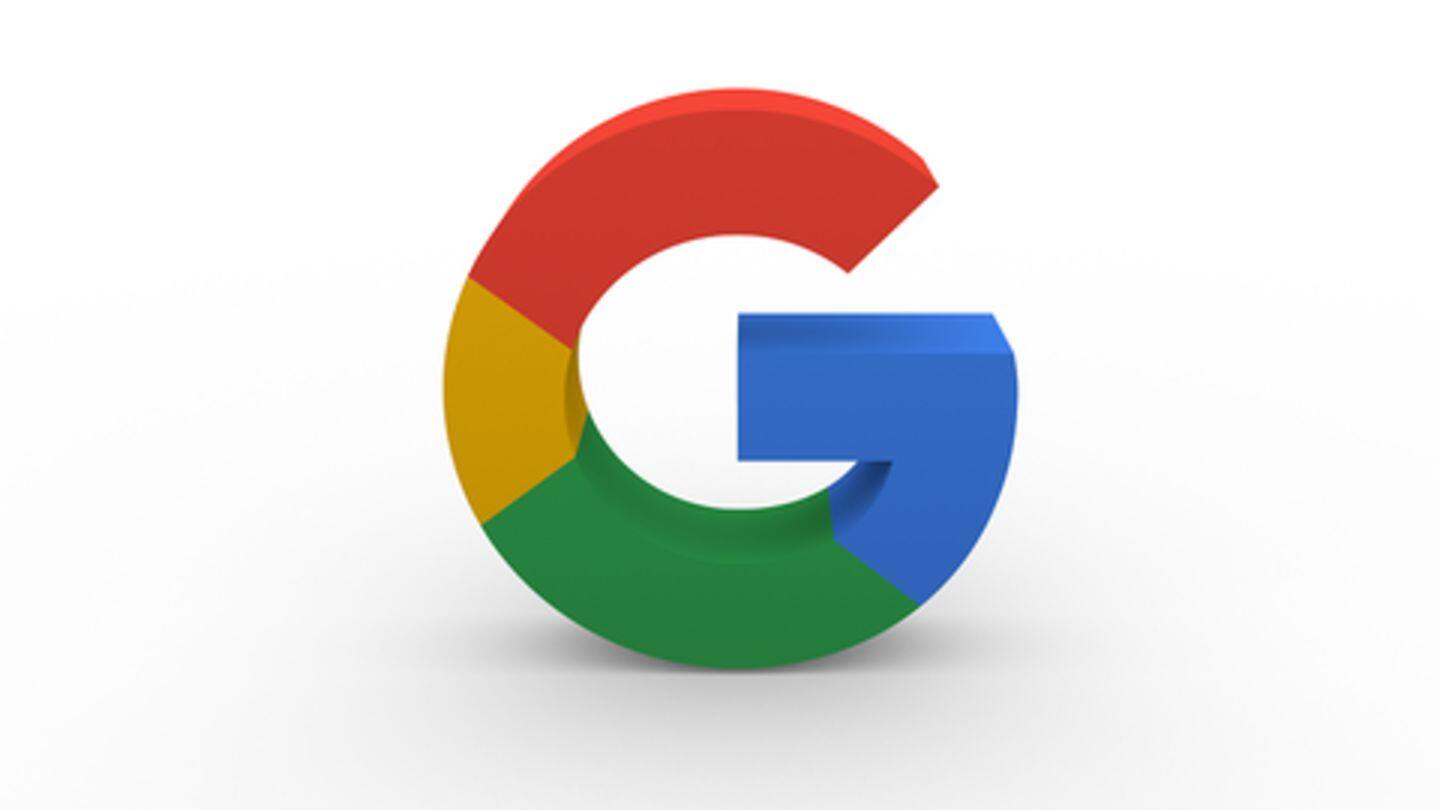
Google will help kids detect online misinformation: Here's how
What's the story
Fake news is on the rise and tech giants are doing everything in their power to put an end to it. Just a few months back, WhatsApp launched a tip-line to study fake news, and now, Google has started a program to teach kids how to dodge online disinformation. Their campaign aims to spread awareness in a fun, interactive way. Here's all about it.
Campaign
"Be Internet Awesome" campaign
A few years back, Google launched a campaign for educators called "Be Internet Awesome". The program revolved around informing children about online safety, but now, thanks to Google's partnership with the Net Safety Collaborative, it is getting a new component - "Don't Fall for Fake". The component uses play-to-learn activities to teach kids how to find and flag misinformation.
Learning
What the kids will learn
As part of the new component, the kids will learn the way to discern the differences between credible and non-credible news sources. They will be able to spot fake URLs or misleading headlines to determine whether a piece of content is legit or not. The campaign could prove critical in preparing the younger generation for the brewing wave of online misinformation.
Other components
Other components included in the campaign
Google's 'Be Internet Awesome' program would also include components like "Share with Care" and "It's cool to be kind." The former will teach about maintaining a good online reputation, while the latter would focus on informing kids about online harassment and its impact. Notably, the search giant is also partnering with the YMCA to help parents talk to their kids about the same topics.
Eligibility
Program for kids aged between 7-12
The new components of 'Be Internet Awesome' program have been available for educators and family members starting yesterday. However, it is worth noting that the program is targeted particularly at kids aged between 7 and 12. So, if your kid is older than 12, you may have to choose other methods to keep them informed and safe in the online world.